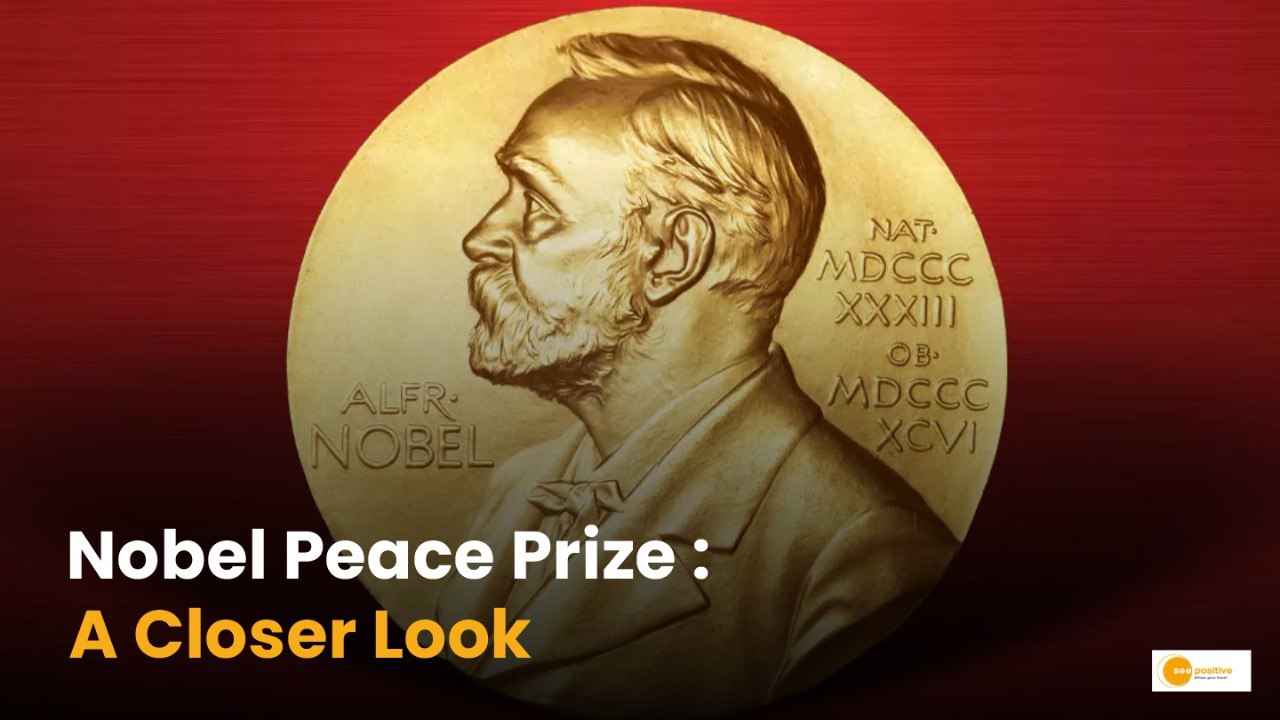Nobel Peace Prize: Every year the Nobel Peace Prize is awarded to an individual or organization that has made significant contributions to peace, diplomacy, and human rights. The Nobel Peace Prize, established in 1901 as part of Alfred Nobel’s will, remains one of the most prestigious and sometimes controversial awards in global affairs.
From iconic winners like Martin Luther King Jr. and Malala Yousafzai to surprising nominations like Donald Trump, the Nobel Peace Prize stirs global interest. But how someone becomes eligible for nomination? And what does the award actually give the recipient? And why does it continue to hold such symbolic power?
Who can nominate for the Nobel Peace Prize?
The Norwegian Nobel Committee receives hundreds of nominations every year. But not from just anyone. Only certain individuals and groups are eligible to submit nominations, including:
- Members of national parliaments and governments from any country
- University professors, especially in fields like law, political science, theology, history, and peace studies
- Members of international courts, like the International Court of Justice
- Former Nobel laureates
- Leaders of international peace organizations
- Members of the Norwegian Nobel Committee
What does the Nobel Peace Prize give to its Winners?
Winning the Nobel Peace Prize is not just a matter of prestige — it comes with tangible and symbolic benefits:
1. Monetary Reward
- The 2024 Nobel Prize amount was 11 million Swedish kronor, which is approximately $1 million USD. The amount changes depending on the Nobel Foundation’s income.
- This amount can be used at the discretion of the recipient. Many choose to reinvest it into humanitarian or advocacy work.
2. Global Recognition and Influence
- Nobel laureates become global voices in peace, diplomacy, and justice.
- World leaders, institutions, and media seek their opinions.
- Many go on to lead international campaigns, movements, or organizations.
3. Permanent Place in History
- Laureates are recorded in Nobel archives. They are remembered globally.
- Their life stories often become symbols of hope, resistance, or reconciliation.
- Museums, biographies, and educational curricula frequently feature their contributions.
4. Networking and Invitations
- Winners get invited to high-level summits, university lectures, and international forums.
- The Nobel Foundation provides an active alumni network of past laureates.
5. Platform for Continued Work
- Many winners use the spotlight to expand their advocacy, raise funds, and impact policy.
- For example, Malala Yousafzai used her Nobel platform to launch the Malala Fund, which but works globally for girls’ education.
Donald Trump’s Nomination: Why It Made Headlines
Former U.S. President Donald Trump is nominated for the Nobel Peace Prize several times, notably in 2020 and 2021. These nominations were legal and valid under Nobel rules, but they stirred public debate. Because critics questioned whether the efforts truly resulted in lasting peace, while supporters argued the deals were unprecedented and historic.
Nobel Prize: A Prize Beyond the Medal
Whether awarded to a statesman, an activist, or a global organization, the Nobel Peace Prize is more than just a medal and a check. It is not just a powerful endorsement of a vision for peace but a lifelong platform for change.
The fact that individuals as diverse as Mother Teresa, Nelson Mandela, Barack Obama, and Donald Trump (nominated) can all be part of this conversation shows the complexity and reach of modern peace efforts.
In a world constantly in need of dialogue and diplomacy, the Nobel Peace Prize — with its unique mix of history, honor, and influence — continues to be one of humanity’s most meaningful recognitions.


